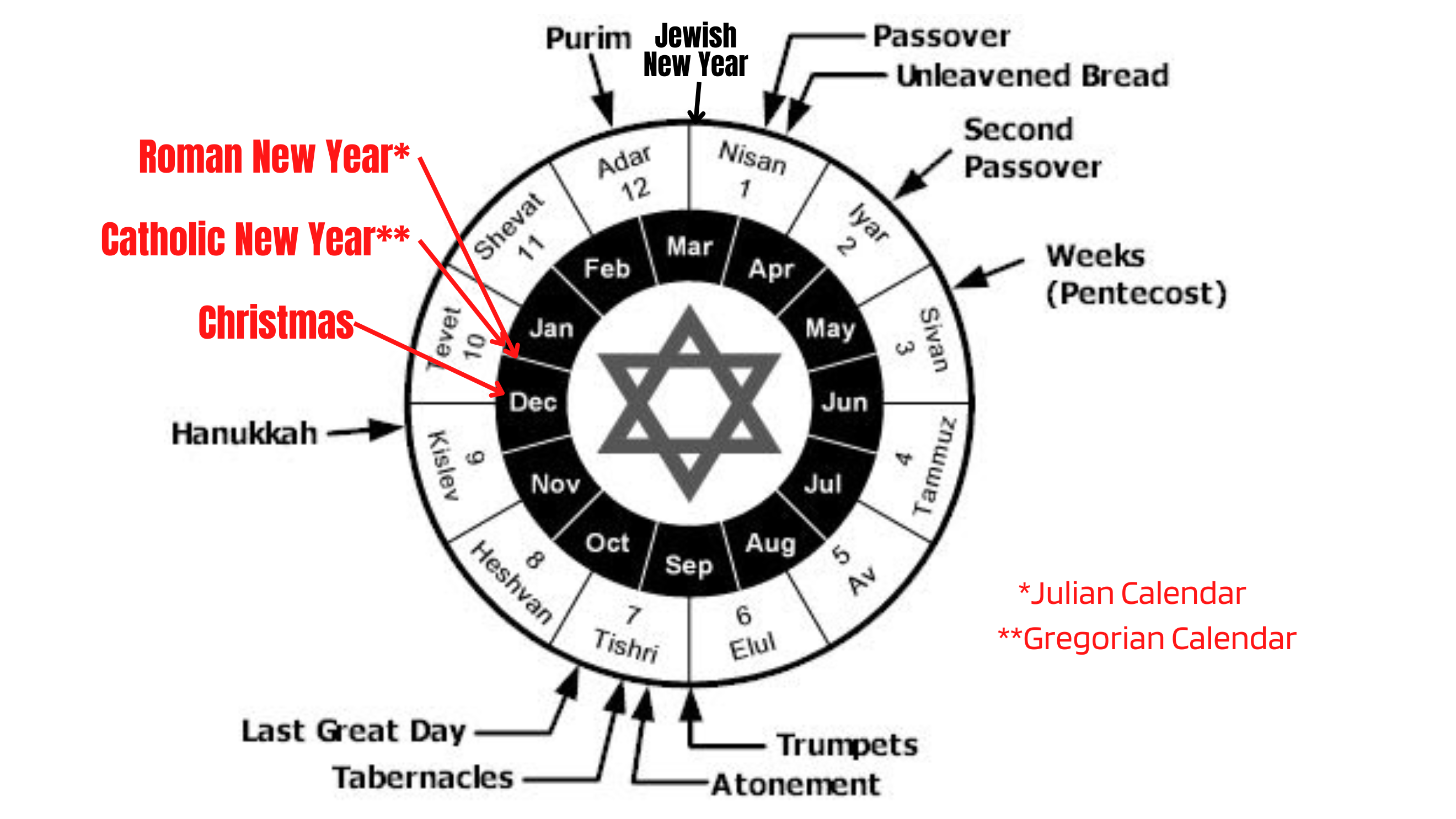Some religious organization in the Philippines do not celebrate Christmas but does observe New Year’s Day as a special occasion. This stems from their theological beliefs and interpretation of the Bible. New Year’s Day is seen as a time for thanksgiving, prayer, and reflection on the blessings and challenges of the past year. It aligns with their belief in starting the year with gratitude to God and renewing their commitment to their faith.
The Bible does not explicitly mention or command the celebration of New Year’s Day as we know it today. However, there are passages and events that align with themes of new beginnings, renewal, and thanksgiving—concepts often associated with the New Year.
“This month shall be for you the beginning of months. It shall be the first month of the year for you.” – Exodus 12:2
“On the first day of the seventh month hold a sacred assembly and do no regular work. It is a day for you to sound the trumpets. As an aroma pleasing to the Lord, prepare a burnt offering of one young bull, one ram, and seven male lambs a year old, all without defect.” – Numbers 29:1-6:
These verses refer to the establishment of the Hebrew calendar, where God declared the month of Nisan as the first month of the year. While this marked a new beginning for Israel, it was associated with their deliverance from Egypt (Passover).
The Jewish New year which called Rosh Hashanah marks the beginning of the Jewish civil year and is a significant time of spiritual reflection, prayer, and celebration.
How come these religious organization in the Philippines celebrates the New Year following the Gregorian Calendar (Catholic) and Julian Calendar (Pagan Rome)? Are they following a pagan holiday?
